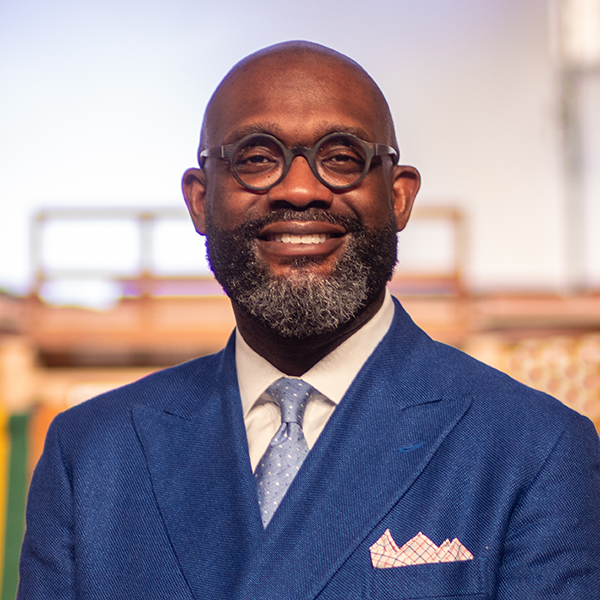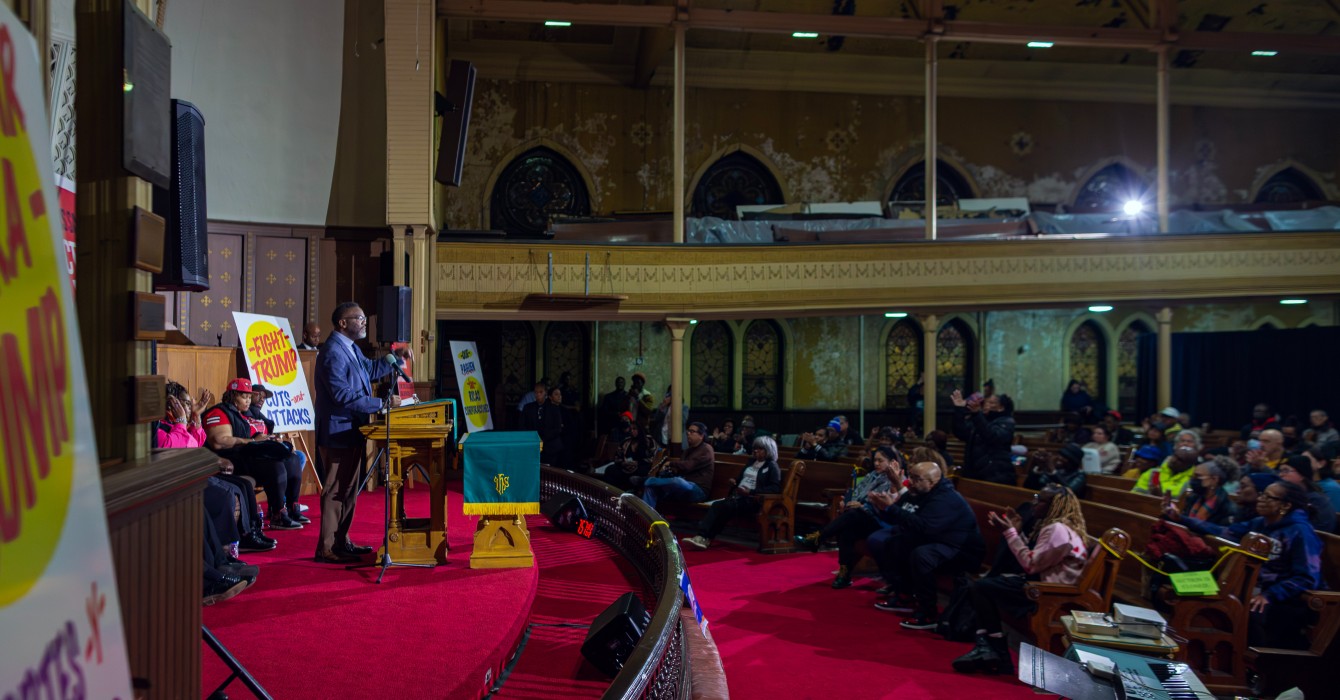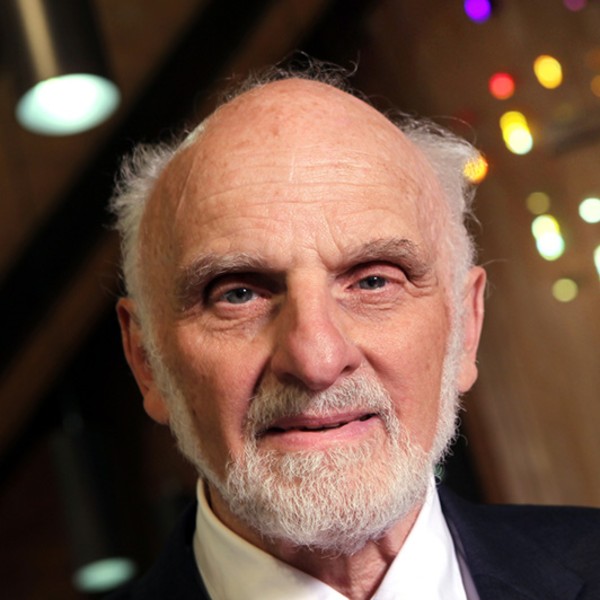What do leaders do when the information available is incomplete and sometimes contradictory?
Last week, I reported that Duke Corporate Education describes the current leadership context as akin to the explosion of a supernova. MIT Leadership Center’s faculty director Deborah Ancona says that in the midst of such uncertainty leaders need to focus on sensemaking, relating, visioning and inventing.
Sensemaking: Leaders need to create a map that interprets the world around us. With so much information available by asking Google or Siri, people need frameworks to order and prioritize both the available information and potential responses. This work involves careful observation, interpretation and experimentation. As I indicated last week, Christian leaders start at an advantage -- we have a map for the future of God’s work in the world. We understand the interrelationship between sin and salvation, mercy and justice. We know something about what to look for.
Relating: Our work is to develop key relationships within and across organizations. Leadership has never been an individual sport, but in the current circumstances it is very easy for folks to be isolated, relating only to people like them. Ancona urges leaders to develop the skills in inquiring, advocating and connecting. By listening, learning and adjusting, stronger relationships are created.
Visioning: Leaders create a compelling vision for the future. Ancona urges leaders to create this vision to motivate others to work for change and to provide a “why” for the work. Here Christian leaders are at a distinct advantage. God is creating God’s reign, and the scripture describes what it will be like.
Inventing: We can create new ways of working together. Processes and structures have to be invented and renewed to participate in making the vision a reality. Christians know that God is creating God’s kingdom, and we are invited to participate in that creation. Throughout human history we know that institutions become corrupt and require renewal in the same ways that individuals are corrupted by sin and must repent.
Each element of work depends on the others.
Maison Shalom is a village of institutions built following the genocide in Burundi with the leadership of Maggy Barankitse. In an interview, she explains her vision of creating a place where people can dream -- and that vision led her to build a school, a swimming pool, homes and a hospital. She created the conditions for orphans to live as family and to experience dignity and hope. Maggy says that “love made me an inventor.”
Very few people I know are equally gifted in all these areas of leadership. We depend on each other to cover all of these areas and use the lens of each to experiment, learn and, when appropriate, scale. Identifying those who excel at each of these elements and nurturing relationships over time is a key to sustaining the work.








